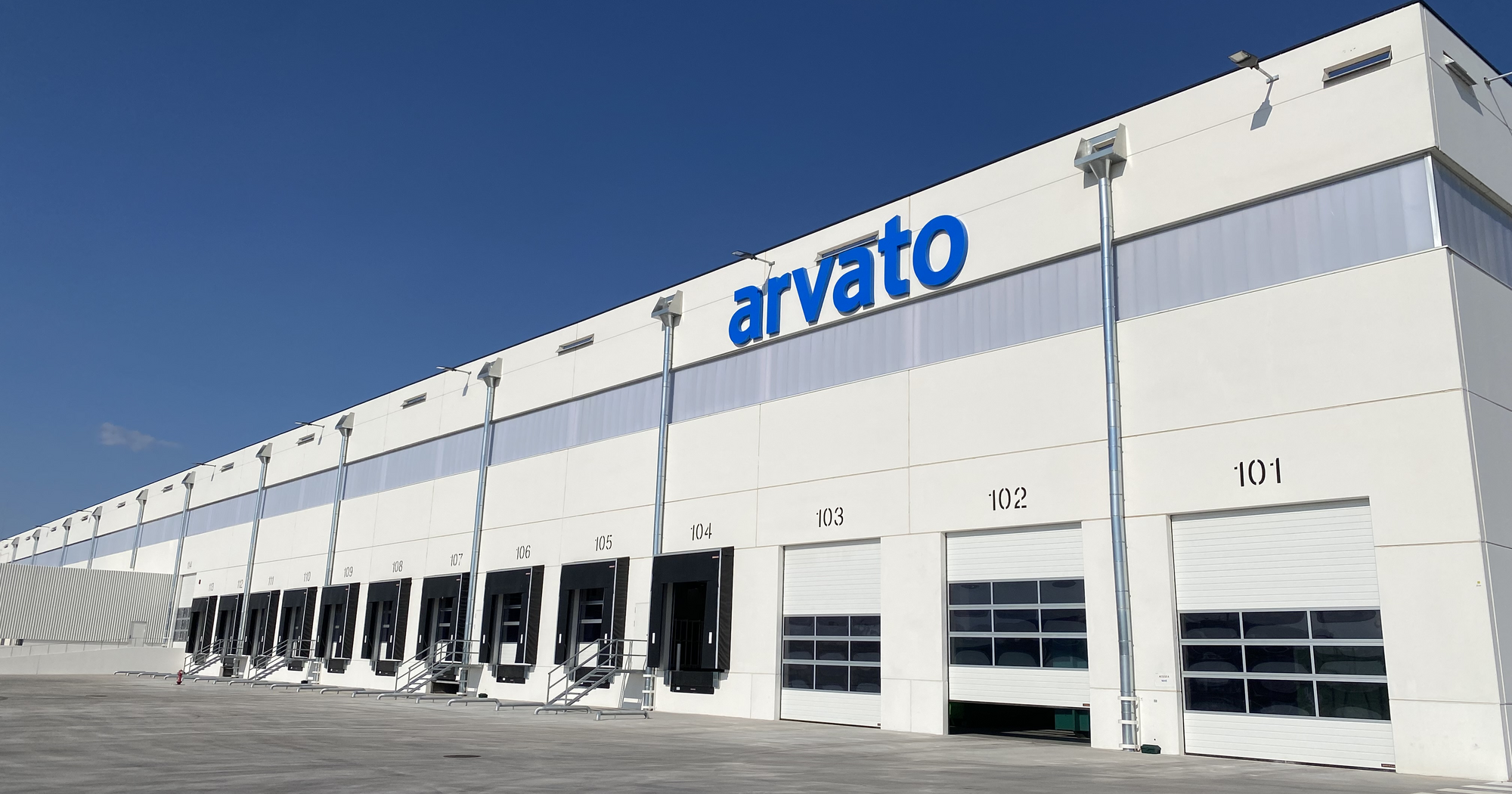Arvato, a German third-party logistics provider, has announced the opening of its new logistics center in Istanbul, Turkey. This marks the company’s ninth warehouse in the country and is part of its ongoing efforts to grow its logistics network in the region.
The new center spans 31,000 square meters and is spread across two floors. It is located in a key area that provides direct access to major transport and logistics routes, which, according to the company, will help them manage deliveries more efficiently and meet the needs of their customers with greater flexibility.
This site will handle omnichannel fulfillment, meaning it is equipped to process orders from both online and offline retail channels. This is especially important for businesses operating in the ecommerce space, as it allows them to serve customers faster and with fewer delays, regardless of where or how an order is placed.
Arvato, which is headquartered in Germany, has over 100 locations worldwide. The company supports businesses with warehousing, order fulfillment, and overall supply chain management. Its expansion in Turkey reflects a rising demand for more streamlined logistics solutions in the region, especially as ecommerce continues to grow.
The Istanbul facility is designed to support fast processing and dispatching of goods. One of its key features is the ability to offer flexible cut-off times for shipping, which allows companies to accept orders later in the day while still ensuring timely delivery. This can be a significant advantage in markets where speed is essential.
Arvato has been focusing on integrating automation into its logistics operations. In 2021, it introduced AutoStore technology—an automated storage and retrieval system—and was operating one of the most robot-equipped centers in Europe at the time. While the company hasn’t confirmed if the new Istanbul location includes similar automation, its past investments suggest a continued focus on improving operational efficiency.
With this expansion, Arvato strengthens its foothold in Turkey and positions itself to better support businesses looking to grow their presence in the region. As ecommerce and global trade continue to evolve, logistics infrastructure like this will play a key role in helping companies meet consumer expectations.










